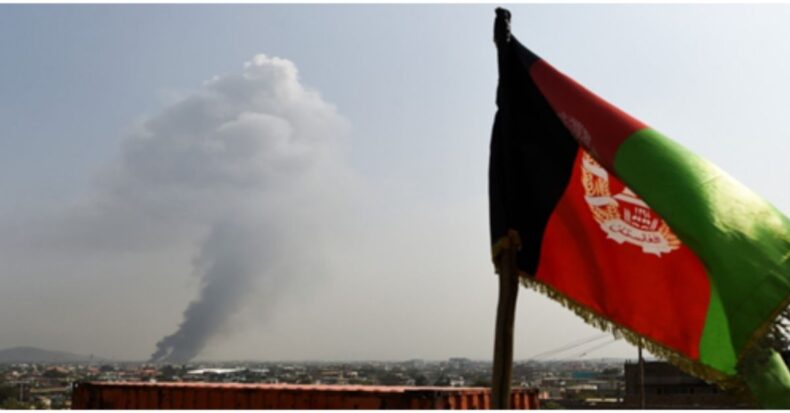The geopolitical aspect of Afghanistan is going through continuous changes due to the forceful takeover of the country and geographical assets of Afghanistan by the Taliban, which raised diplomatic issues regarding the regional power.
Current Geopolitical Status of Afghanistan
Afghanistan is usually a landlocked country that shares its borders with Pakistan towards the east and south, Tajikistan and China towards the northeast, Iran to the west, and Turkmenistan and Uzbekistan to the north country of Central and South Asia.
While recently, the geopolitical aspect of Afghanistan seems to be covered with grave danger and threat of Taliban as on 15 August 2021, Taliban fully captured Kabul, the capital state of Afghanistan reflecting the future of Taliban group on the country.
Taliban has continued its offensive and threatening act from the beginning of the 2021 summer, which results in the forceful seizing of several border crossing areas and resources of Afghanistan.
With the successful capture of Kabul, the Taliban also captured the central, provincial capital and ten other capitals of Afghanistan on 6 August 2021, leading to the seizure of many essential urban areas and geographical resources of Afghanistan.
The forceful settlement of the Taliban within the capitals of Afghanistan is leading to the rise of the humanitarian crisis.
Excessive threat towards the country’s citizens further results in refugees from Afghanistan to avoid the danger from the Taliban.
Regional and International Security Interest
After the Taliban’s capture and seizure of Afghanistan, the concern related to regional and international security emerged, which further represents the ongoing dispute between the US and Afghanistan’s new government, governed by the Taliban and the negotiation between India and Afghanistan.
The citizen of Afghanistan is living with terror and threat within their heart from the attack and harassment of Taliban and most impact of the Taliban takeover on the country could seem on the security of women and children of the country.
Recently, the US has withdrawn its military assistants from Afghanistan, which represents the regional and international instability influencing both the political and geographical aspects of Afghanistan within Asia and further disrupting Asian relations.
The overall security of the citizen of Afghanistan is seen to be rapidly deteriorating, which represents the emergence of a new threat to the international protection of all the countries across the globe.
India is facing real-time threat from the Taliban rule over Afghanistan as most of the Indians, and Indian assets within Afghanistan are under continuous attack by the Taliban.
Further, the race of influence and takeover of Kabul by the Taliban reflects the diplomatic relations between India and Afghanistan.

The Fallout of the Afghanistan Geopolitical Status from Taliban Takeover
Afghanistan’s geographical and political aspect is going through specific terrible changes under the war between the Taliban and the Afghanistan military and further the forceful takeover of the country’s capital by the Taliban.
The geographical assets and political association of the country are under the control of the Taliban, which represents the emerging terror over regional international security and a negative impact on the relations between nations across the globe.
The rapid control of the Taliban over the territorial assets of Afghanistan and the sudden collapse has deprived the represented of the geopolitical aspect of Afghanistan.
Moreover, neighbouring countries of Afghanistan have also closed their borders for the people who try to flee from the control of the Taliban.
In contrast, half of the population of Afghanistan is seeking to relocate themselves to other countries to prevent themselves from the humiliation and harassment of the Taliban.













